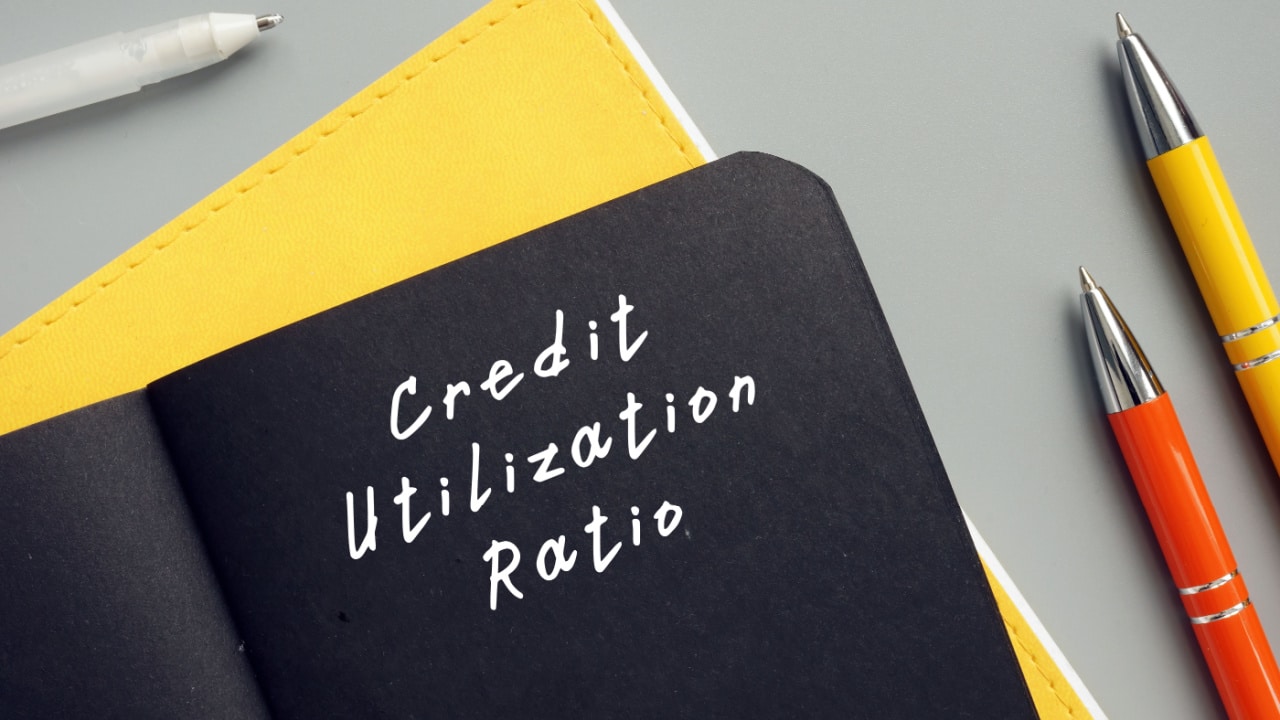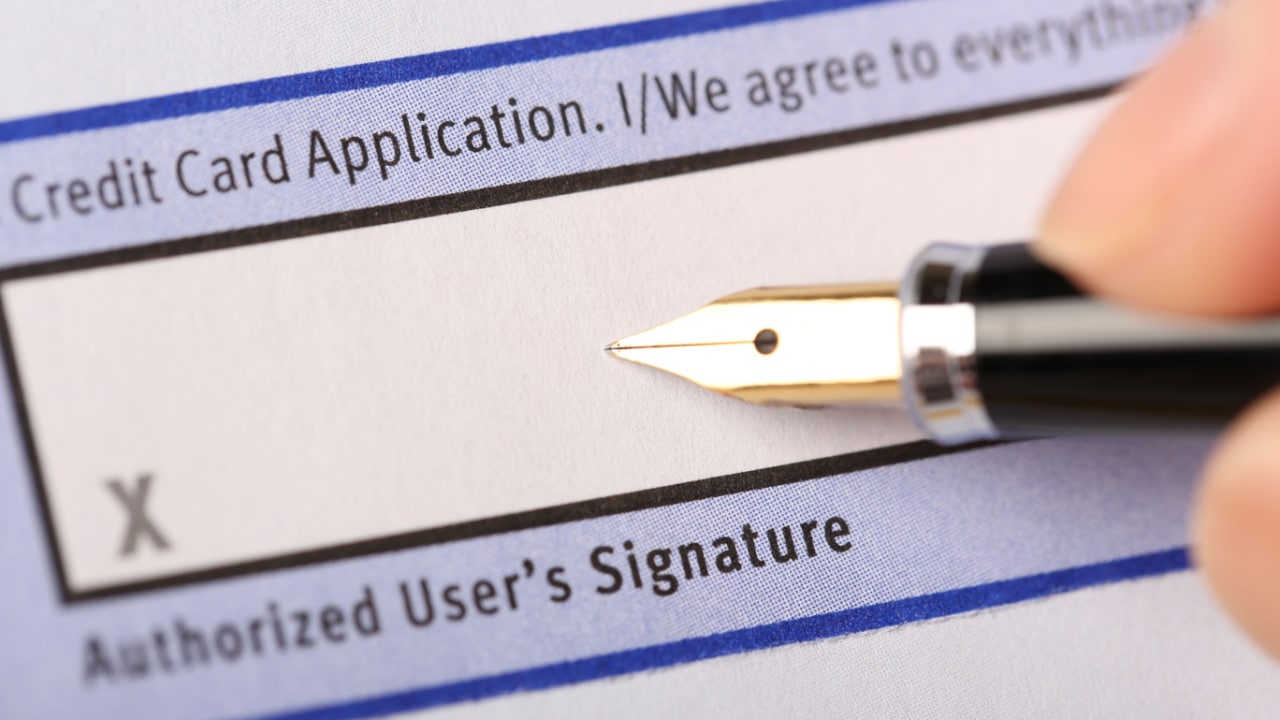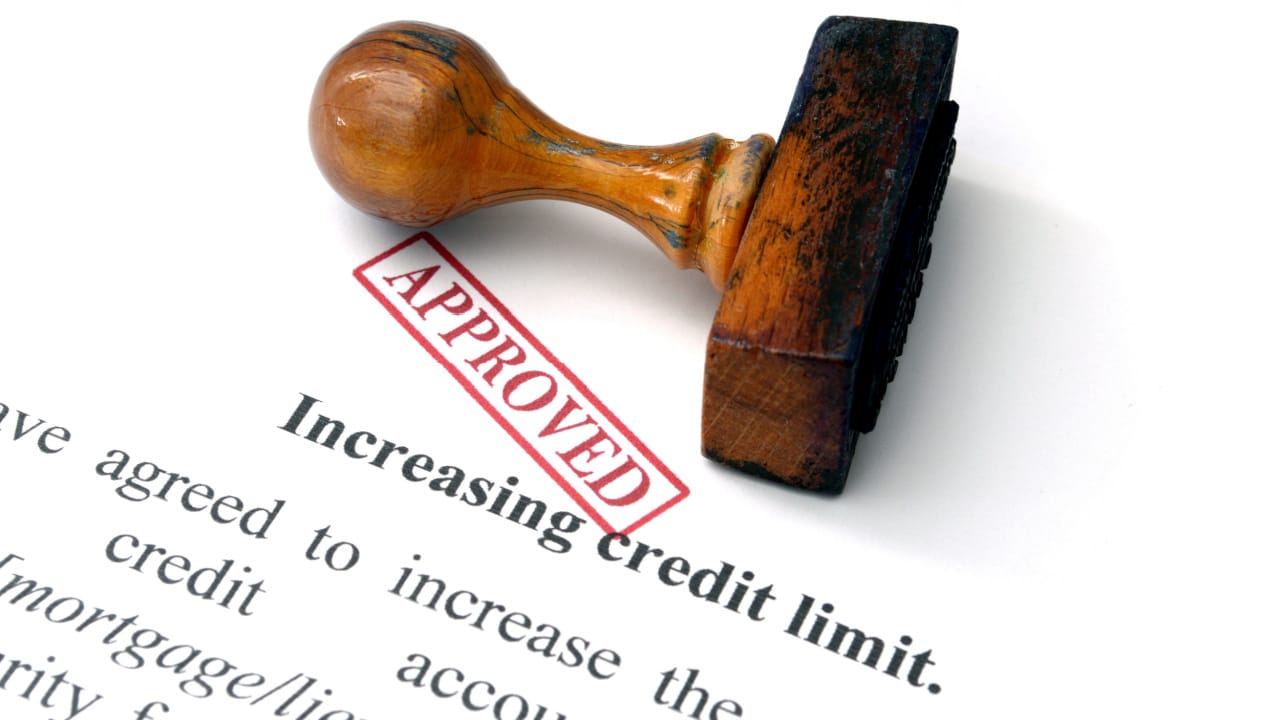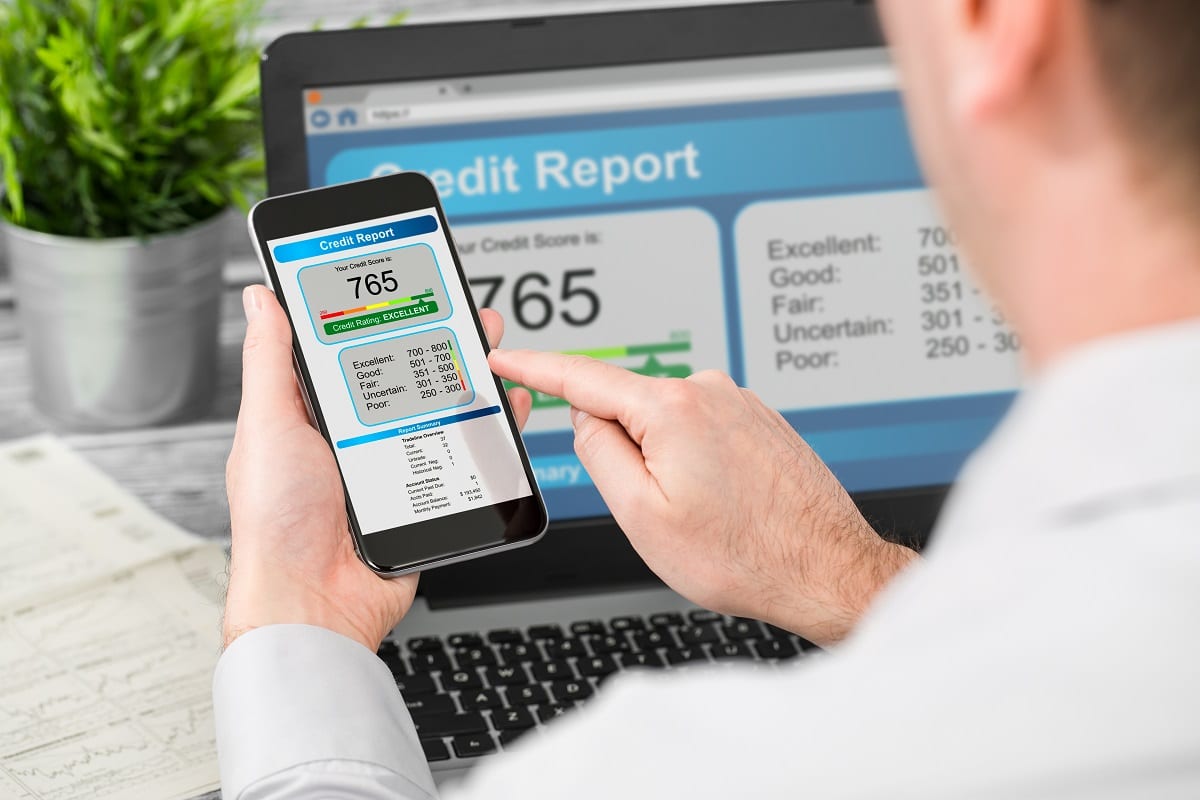Having a good credit score is more important than ever. It’s a key that can unlock doors to various financial opportunities, from lower interest rates to better terms on loans. Whether you’re looking to improve your credit health or recover from past credit mistakes, boosting your credit score doesn’t have to be a mystery. Take a look at these 25 proven strategies that can help you increase your credit score quickly and effectively.
#1. Check Your Credit Report Regularly

Regularly monitor your credit report to track your credit history and identify any inaccuracies or fraudulent activities that could harm your score. You’re entitled to a free credit report from each of the three major credit bureaus annually.
Take advantage of this, and thoroughly review your reports. If you find any errors, dispute them immediately. Regular monitoring also helps you understand how your financial behavior impacts your credit score over time.
#2. Pay Your Bills On Time

Paying your bills on time is one of the most effective ways to positively influence your credit score. Late payments, even by a few days, can significantly damage your score.
To avoid missing due dates, consider setting up automatic payments or reminders. Consistent, on-time payments demonstrate to creditors your reliability as a borrower, which is a critical factor in your credit score calculation.
#3. Reduce Your Credit Utilization Ratio

Maintaining a low credit utilization ratio is crucial for a healthy credit score. Ideally, your utilization – the portion of your credit limit that you use – should be below 30%. High utilization can be interpreted as financial strain.
Actively work to pay down your credit card balances; even small reductions can make a difference. Regularly monitoring and managing your utilization can lead to a noticeable improvement in your credit score.
#4. Keep Old Credit Accounts Open

The length of your credit history plays a significant role in your credit score. Avoid closing old credit accounts, especially those with a positive history, as they contribute to your credit history’s depth.
Even if you don’t use these accounts frequently, their presence in your credit report can benefit your score. Remember, a longer credit history can provide a more accurate picture of your financial habits to potential creditors.
#5. Limit New Credit Applications

Every new credit application can result in a hard inquiry, which may slightly decrease your credit score. To minimize this impact, be strategic about applying for new credit.
Limit the frequency of your applications, and only apply for new credit when it’s absolutely necessary. Remember, too many hard inquiries in a short time can signal financial distress to creditors and significantly affect your credit score.
#6. Diversify Your Credit Mix

Having a variety of credit accounts can positively impact your credit score. This mix might include credit cards, student loans, auto loans, and a mortgage. It demonstrates to creditors that you’re capable of managing different types of credit.
However, it’s important to take on new credit accounts only as needed. Opening accounts purely to improve your credit mix can lead to unnecessary debt and may backfire.
#7. Pay Off Debt Instead of Moving It Around

Transferring debt from one credit card to another does not improve your credit score and can often lead to a cycle of debt. The most effective way to enhance your score is to focus on paying down your existing debt.
Lowering your overall debt levels reduces your credit utilization and positively impacts your credit score. Remember, consistent and gradual debt reduction is more beneficial to your credit health than moving debt around.
#8. Become an Authorized User

Becoming an authorized user on someone else’s credit card account can be a strategy to boost your credit score, particularly if the primary account holder has a strong payment history and maintains low credit utilization.
As an authorized user, you inherit some of the credit history of that account. Ensure that the account holder is financially responsible, as any negative activity on the account can also impact your credit score.
#9. Report Rent and Utility Payments

Including rent and utility payments in your credit report can positively impact your credit score. Some credit scoring models, like Experian Boost, allow you to add these payments to your credit history.
Since these are expenses you’re likely paying regularly, recording them can demonstrate your financial responsibility. It’s a smart move if you have a thin credit file or are looking to rebuild credit.
#10. Avoid Risky Quick Fixes

Be cautious of companies offering quick fixes to improve your credit score. Many such claims are fraudulent and can lead to more financial trouble.
Improving your credit score is a process that requires time, patience, and consistent financial behavior. Instead of seeking shortcuts, focus on proven methods like timely bill payments, reducing debt, and correcting any inaccuracies on your credit report.
#11. Negotiate Outstanding Balances

If you have debts in collections or past-due accounts, reach out to your creditors to negotiate. Many creditors are willing to settle for a reduced amount or alter the account’s status in exchange for payment.
While negotiating won’t erase the past due record from your credit report, it can stop further damage to your score and start the process of rebuilding your credit.
#12. Increase Your Credit Limits

Requesting a credit limit increase can be a smart move if you have a history of timely payments. A higher credit limit will reduce your overall credit utilization ratio, assuming you don’t increase your spending. This can have a positive impact on your credit score.
However, it’s crucial to maintain financial discipline and not view the increased limit as an opportunity to spend more.
#13. Use a Secured Credit Card

For those having trouble getting approved for traditional credit cards, a secured credit card is a viable option.
Secured cards require a cash deposit that typically serves as your credit limit. Responsible usage of a secured card, such as making regular payments and keeping balances low, can help build or rebuild your credit score, as the activity is reported to credit bureaus.
#14. Consider Credit Builder Loans

Credit builder loans are designed specifically for building or improving credit. Unlike traditional loans, the money borrowed is held by the lender and only released after the loan is fully repaid.
These loans can demonstrate your ability to make regular, on-time payments, thereby positively affecting your credit history. They are a useful tool for those with limited credit history or looking to recover from past credit mistakes.
#15. Avoid Co-Signing Loans

Co-signing a loan can be risky, especially if you are trying to build or maintain your own credit score. When you co-sign, you become equally responsible for the loan.
If the primary borrower fails to make payments, it will negatively impact your credit score. Exercise caution and consider the potential risks before agreeing to co-sign a loan.
#16. Keep Balance on Installment Loans Low

Managing installment loans responsibly can also benefit your credit score. Aim to keep the balances on these loans as low as possible. This demonstrates to creditors that you are effectively managing and paying down your debt.
A good track record with installment loans can contribute to a better credit score, reflecting positively on your overall credit management skills.
#17. Review Joint Accounts Regularly

Joint accounts, such as those shared with a spouse or partner, can significantly impact your credit score. It’s vital to regularly review these accounts to ensure that all payments are being made on time.
Since the financial actions on these accounts affect both parties’ credit scores, consistent monitoring and communication are key. Address any issues promptly to avoid negative impacts on both of your credit histories.
#18. Use Credit Wisely During Emergencies

In times of financial emergencies, it’s tempting to over-rely on credit cards. While they can be a lifeline, accumulating high balances can adversely affect your credit score due to increased utilization rates.
To mitigate this, it’s advisable to build an emergency savings fund. Having savings in place can reduce the need to use credit in emergencies, thereby protecting your credit score from potential harm.
#19. Educate Yourself on Credit

A thorough understanding of credit is crucial for effective management. Take the time to educate yourself about various aspects of credit, such as how your credit score is calculated, the impact of different types of credit, and the factors that can affect your creditworthiness.
The more knowledgeable you are, the better equipped you’ll be to make informed decisions and effectively manage your credit.
#20. Use Balance Transfer Cards Judiciously

Balance transfer credit cards can be effective for managing high-interest debt. These cards often come with an introductory period offering low or no interest.
However, it’s important to understand the terms of the offer, including any transfer fees and the interest rate after the introductory period ends. Use these cards judiciously to consolidate debt and reduce interest payments, but be aware of the potential for high rates post-introductory period.
#21. Seek Professional Financial Advice

If managing your credit feels overwhelming, consider seeking advice from a financial counselor or advisor. These professionals can provide personalized guidance and strategies to improve your credit score.
They can help you understand your credit report, suggest ways to reduce debt, and offer advice on building a strong credit history.
#22. Set Realistic Credit Goals

Setting achievable goals for your credit score improvement is an effective way to stay motivated.
Whether it’s reaching a specific credit score, reducing your debt to a certain level, or improving your credit utilization ratio, having clear, realistic goals can help direct your financial actions and decisions.
Track your progress regularly and adjust your strategies as needed to meet these goals.
#23. Be Patient

Improving your credit score is a gradual process that requires patience and consistent effort. Quick fixes rarely lead to sustainable improvements.
Focus on long-term strategies such as timely payments, reducing debt, and maintaining a good credit mix. Recognize that building a solid credit history takes time, and stay committed to responsible credit management.
#24. Celebrate Small Wins

As you work towards improving your credit score, it’s important to recognize and celebrate your achievements, no matter how small.
Whether it’s paying off a particular credit card, reducing your overall debt, or seeing a small increase in your credit score, each accomplishment is a step towards better financial health. Celebrating these milestones can provide motivation and a sense of accomplishment, encouraging you to continue your efforts.
The post 24 Power Moves to Supercharge Your Credit Score first appeared on Liberty & Wealth.
Featured Image Credit: Shutterstock / REDPIXEL.PL.
The content of this article is for informational purposes only and does not constitute or replace professional financial advice.
For transparency, this content was partly developed with AI assistance and carefully curated by an experienced editor to be informative and ensure accuracy.

